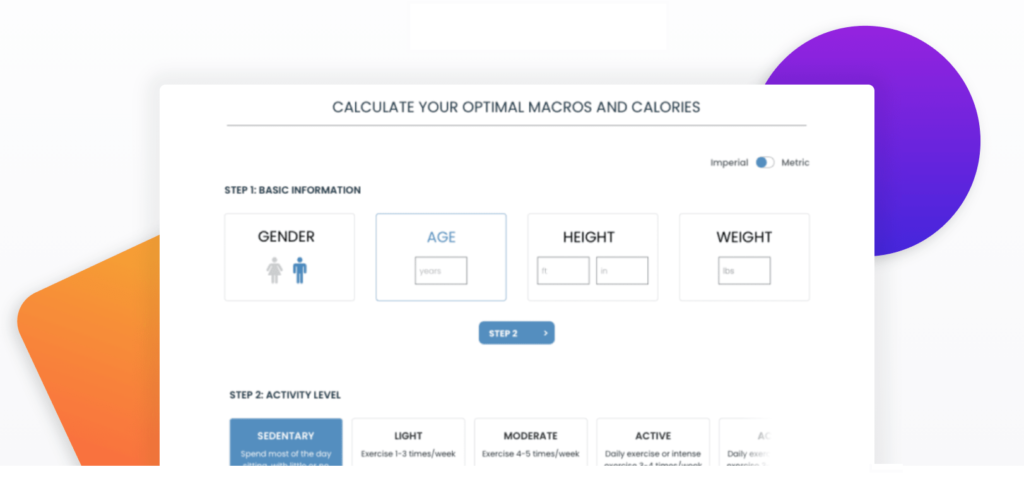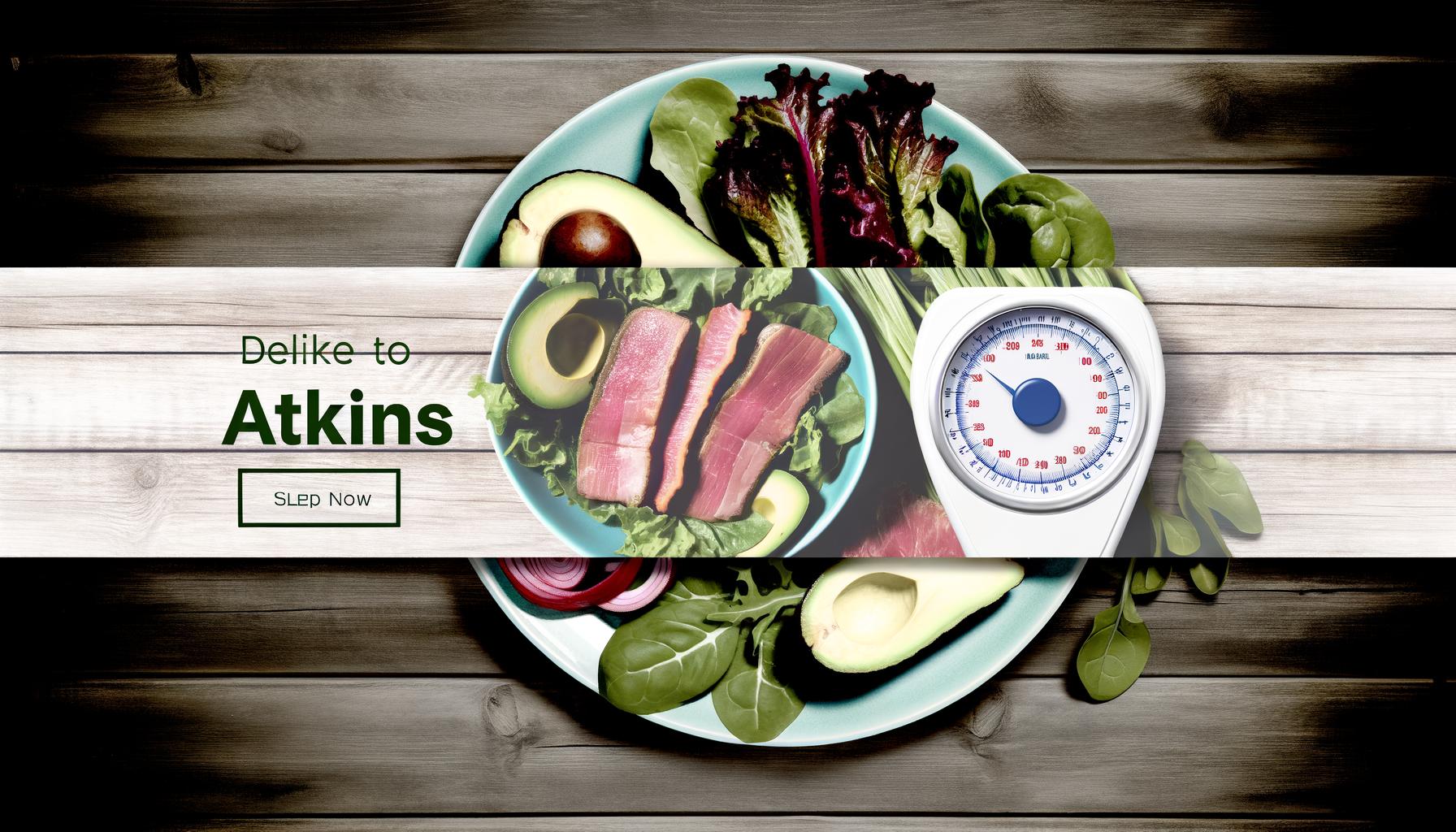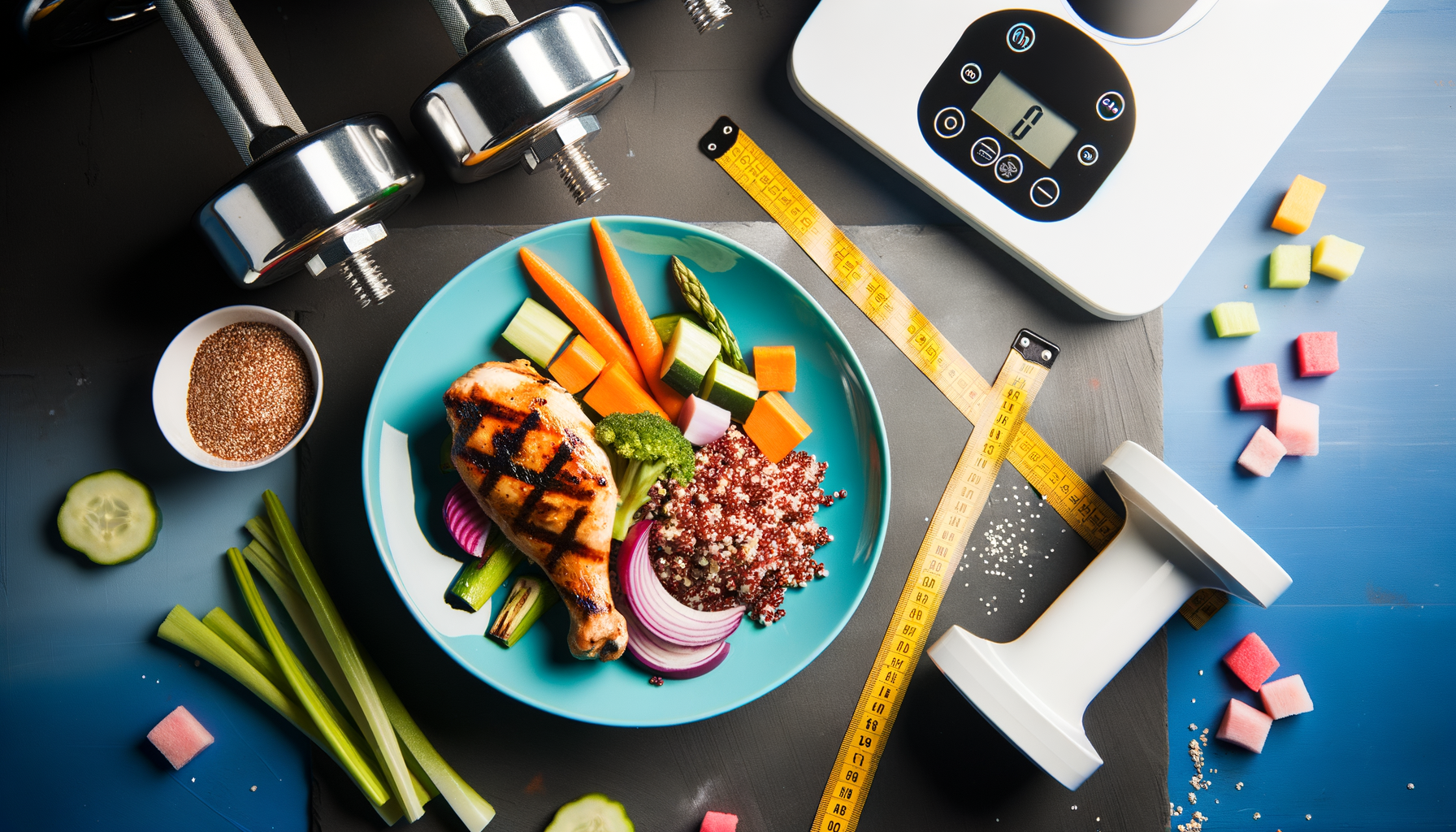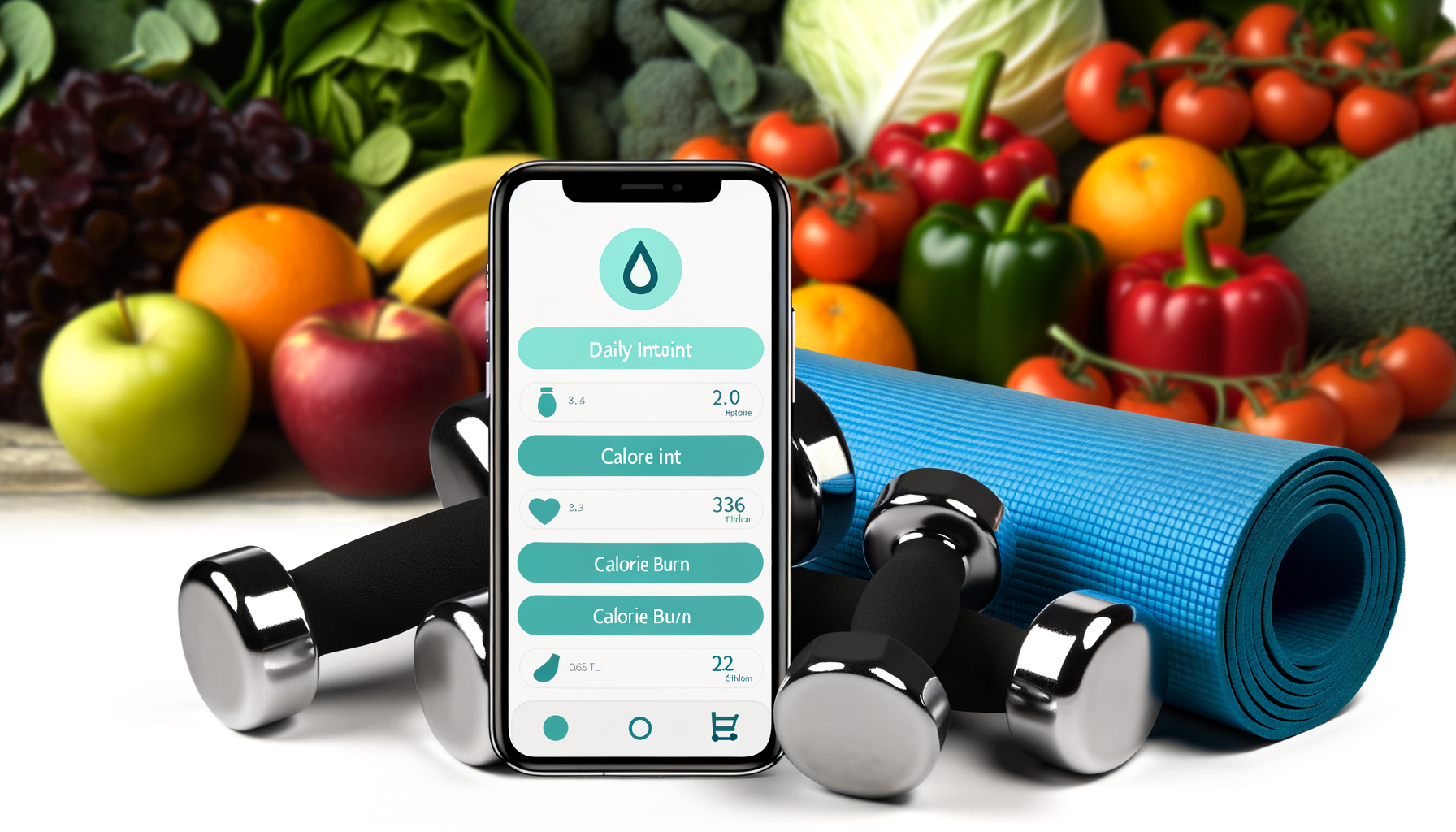Healthy Blogging: Best Ways To Promote Healthy Lifestyle
Eating healthy, exercising, living actively - those are some great values to promote. But there’s a dangerously thin borderline between recommending good practices and implicitly punishing for not following them. How to avoid crossing it when running a blog about healthy living and achieve your goals without pushing too hard?
The essentials of blogging
Even though blogging seems like an activity of one, it is a form of conversation. It means that there’s always someone on the other side, reading and thus taking part in the process.
Regardless of the topic and the key focus of your blog, it’s extremely important to keep the readers in mind. Your words don’t vanish in the dark; it’s the readers you talk to via your posts.
How does it regulate your writing? In short: it directs it. When you know who your counterparts in the conversation are, you know what to say (and, more importantly, what not to say) and how to put it.
These questions can help you keep your blog reader-oriented:
- What am I trying to achieve?
If you’re reading this, most likely, you aren’t blogging just for self-entertainment. In other words, there’s a purpose of your writing, be it direct advertising, promotion or lead generation. Organize your posts around this purpose.
- Who should be reading my blog?
Your targets define what you write. They come to you with certain questions in mind (whether they’re conscious about it or not), and your blog should answer them.
- Where do I stand in the healthcare industry?
Be highly careful when advising anything concerning health if you’re not a medical institution. Not only can such recommendations cause doubt in readers, but they may also turn out completely unsuitable for some people. Find proofs before posting - even if you choose not to include them in your text, you’ll know you’re saying the right things.
In case you’re writing about a subject of a hot discussion in the community, avoid presenting a point of view as a proven fact. You’ll show more respect to the readers if you refrain from tricking them into believing something and tell them facts instead.
3 things to consider when promoting healthy living
Don’t make weight loss the only focus
Somehow, we got used to striving for lower numbers on our scales and keep thinking it’s the only possible goal. Yes, when we talk about the state of obesity as a disease, weight loss is a healthy practice. But many people, being within an absolutely healthy weight norm, may subconsciously start thinking they also must do the same. As a result, they form an unhealthy view of themselves.

Try to get a different take and discuss, for instance, a reciprocal problem - lack of weight and the necessity or willingness to gain it. In any case, avoid looking down on one of the conditions. If it’s unhealthy, don’t say it’s bad or wrong, and, vice versa, healthy doesn’t equal normal.
Moreover, there are tons of other topics to discuss. Even if your business in sport, fitness or eating healthy, body mass-related problems are just a part of the picture. Make sure you write about different (though interrelated) subjects.
Adhere to a no-pressure attitude
Being too pushy or oppressive can scare people off. Besides, it can create a flair of negativity around your texts. To offset such impression (or, rather, not to create it), concentrate on supporting and providing a helping hand, not giving orders.

Avoid making people feel you’re better than them - instead, let them see you as an equal, as a human standing exactly where your readers are. This is especially important in blogs about self-development.
Leave some room for psychological well-being
Surely, if you write about physical health only, you don’t need to devote half of your blog to a topic out of your primary focus. But it is an adjacent subject; so, you might consider touching it in your posts once in a while.

It will show your friendly intentions, your willingness to serve a good purpose to the community. People will without a doubt appreciate it that you cover such a crucial matter. On top of that, the trend of bringing psychology to public discussion seems to still be on - you can attract more people with that.
An entertaining approach
Even the most educational content should be supplemented with elements of a game, interaction and other fun activities. Otherwise, however useful it is, people will grow bored and leave faster than you planned.
We’re all curious creatures - feed this trait by providing game-like functionality on your site. That can be various tests or calculators. The main benefit they can bring to users is that they, with their data, can find which of your products or services suits them more.
A great option for a healthy-living site is the WP Calorie Calculator plugin for WordPress. It creates a calculator on your site, where users fill in their data and learn their daily calorie intake norm. You can go Pro and get a fully customizable calculator with a selection of formulas and the Mailchimp integration so that you could collect emails for further marketing activities.

There’s also a free version in case you want to try and see it first.
Users get help in finding their preferred option in an entertaining way, spend more screentime and grow more likely to make a purchase. A win-win situation!
Bottom line
A blog about health should be healthy itself. That involves a positive attitude, honesty and friendliness. The latter is just as important as factual correctness - be a friend to your readers, and they will love your blog!
It’s awesome that you’ve chosen such a socially important topic for your business and your writing. We really respect and support that! Wish you the best of luck on your way, and hope you’ve found our recommendations useful!












